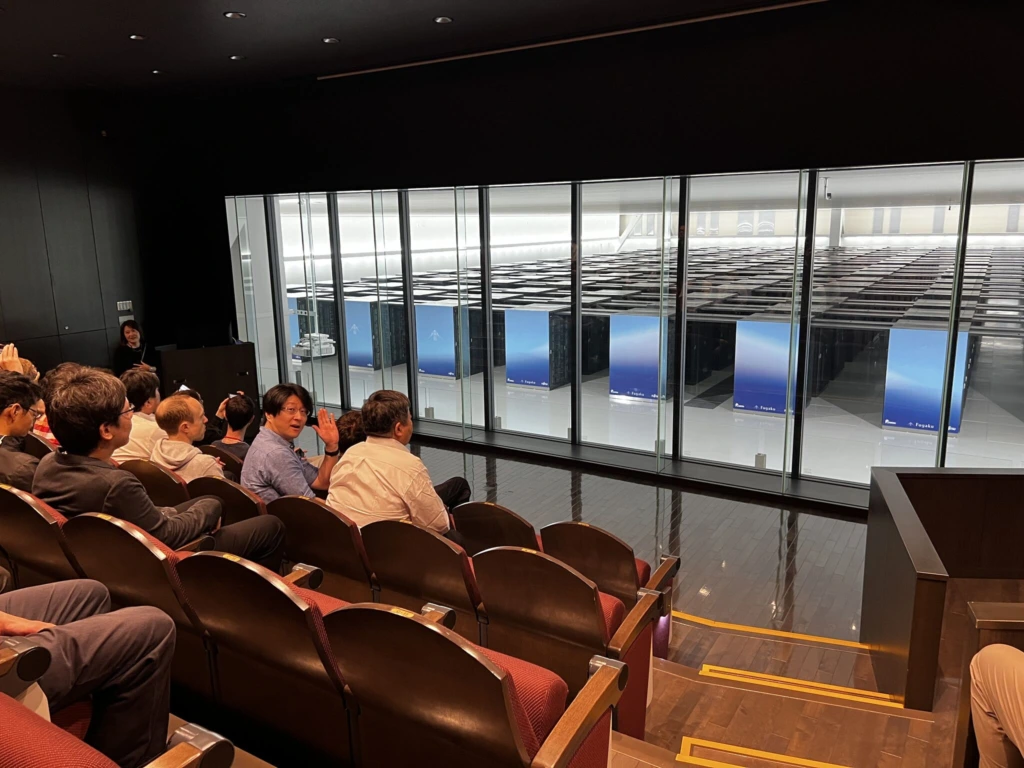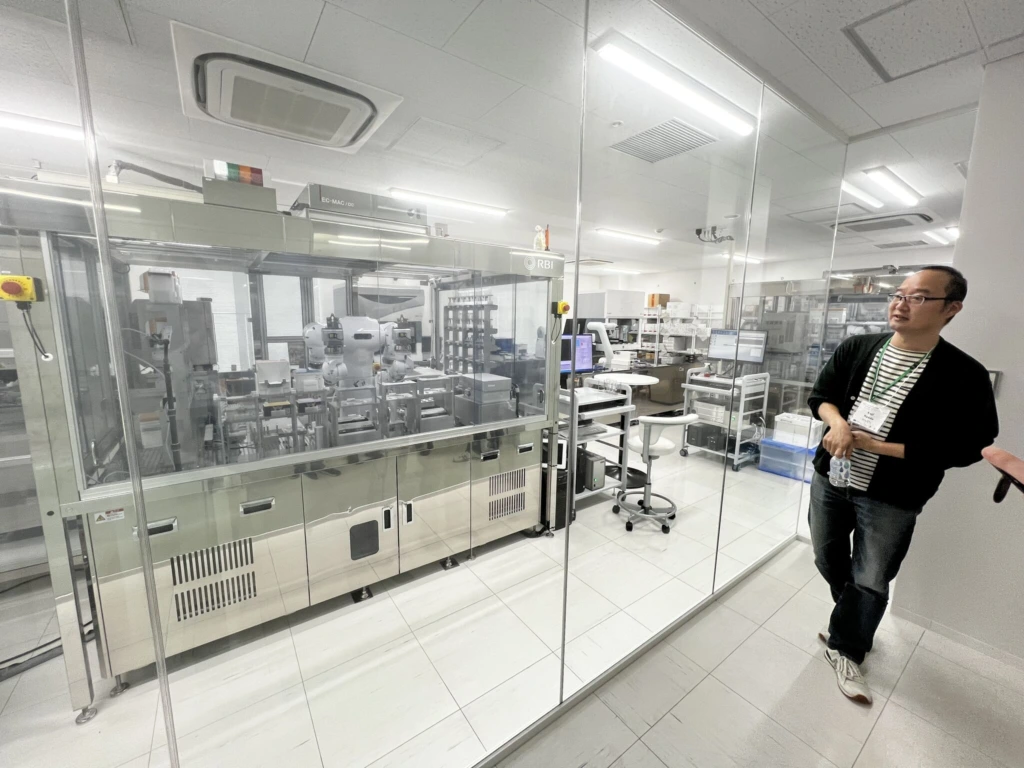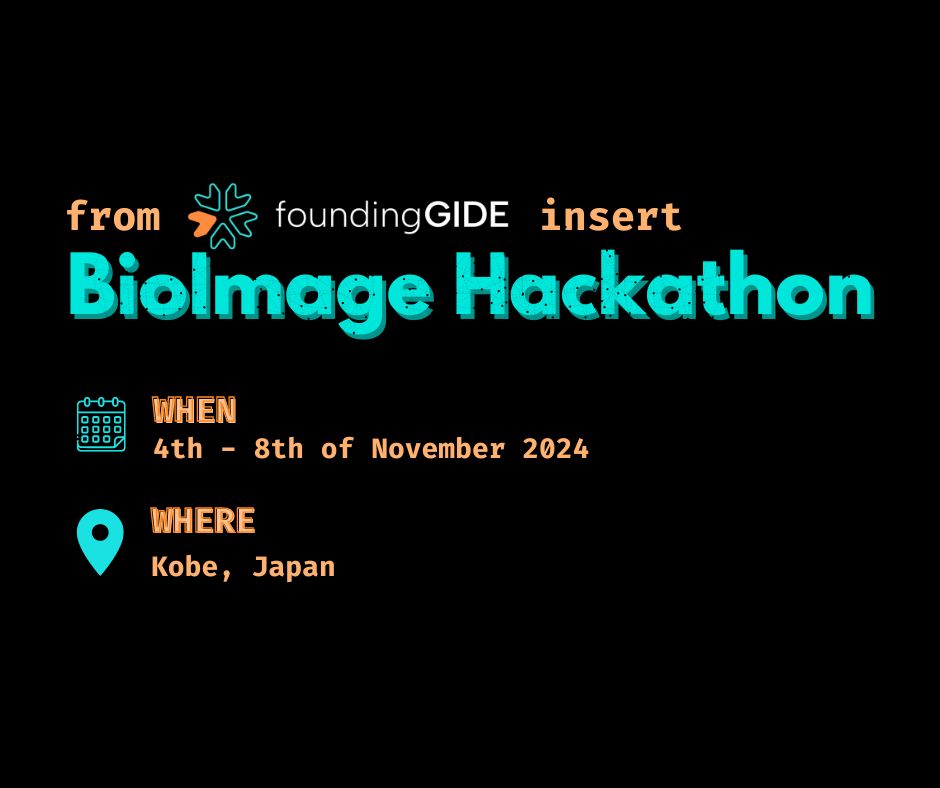
Technical Event
BioImage Hackathon 2024
Kobe, Japan
The foundingGIDE BioImage Hackathon, hosted at the RIKEN institute in Kobe, Japan (4-8th of November 2024), brought together developers, ontologists, researchers, and image data experts from around the globe.
The hackathon focused on foundingGIDE’s core goals: enhancing interoperability in biological imaging.
This hackathon served as an essential continuation of the discussions and connections made during the foundingGIDE Community Event 2024. The practical, hands-on nature of the hackathon enabled participants to collaboratively develop solutions for these challenges.
Key Highlights
The hackathon’s core challenges focused on developing practical solutions to improve metadata interoperability through harmonized ontologies and standards. Teams worked collaboratively to bridge existing gaps in metadata management, ensuring better integration and accessibility of imaging data across platforms.
Here are some of the practical solutions and workflows were initiated to address metadata standardization, ontology harmonization:
- Ontology mapper – A tool to map classes from one taxonomy to another (GitHub)

- OMERO-RDF – A plugin for exporting RDF data from OMERO and converting it to a JSON-LD/RO-Crate (GitHub)
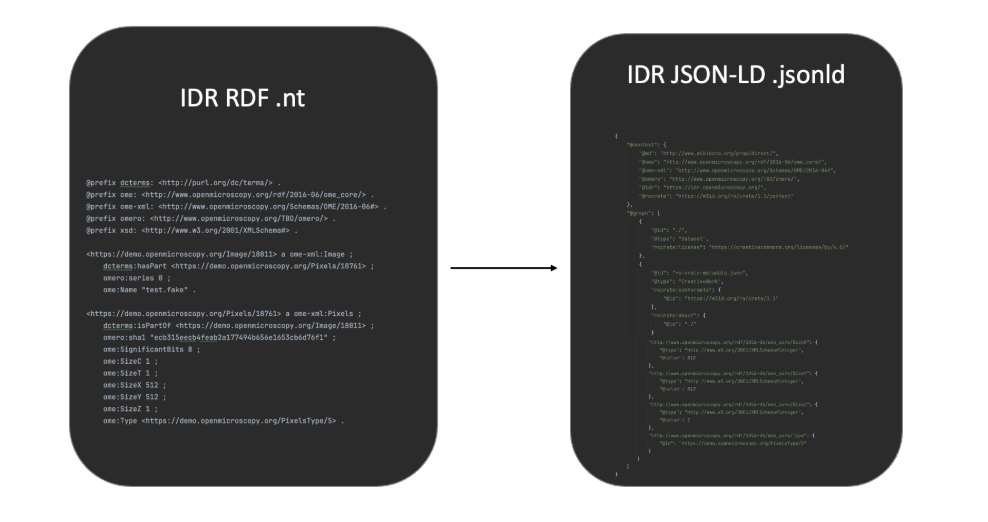
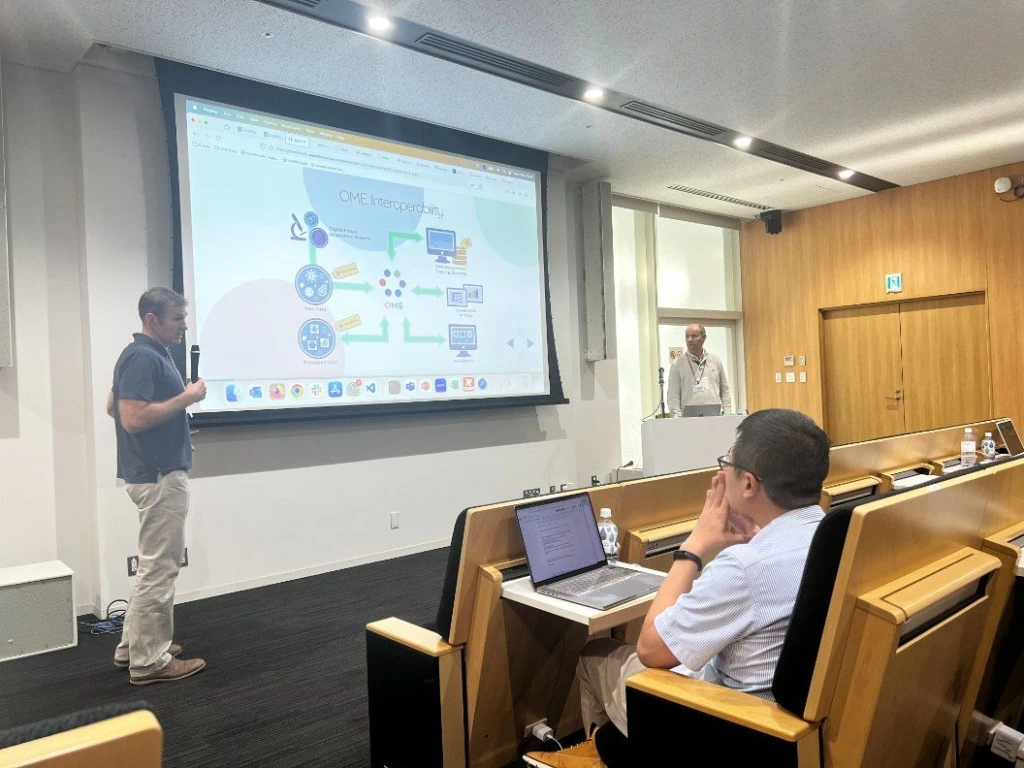
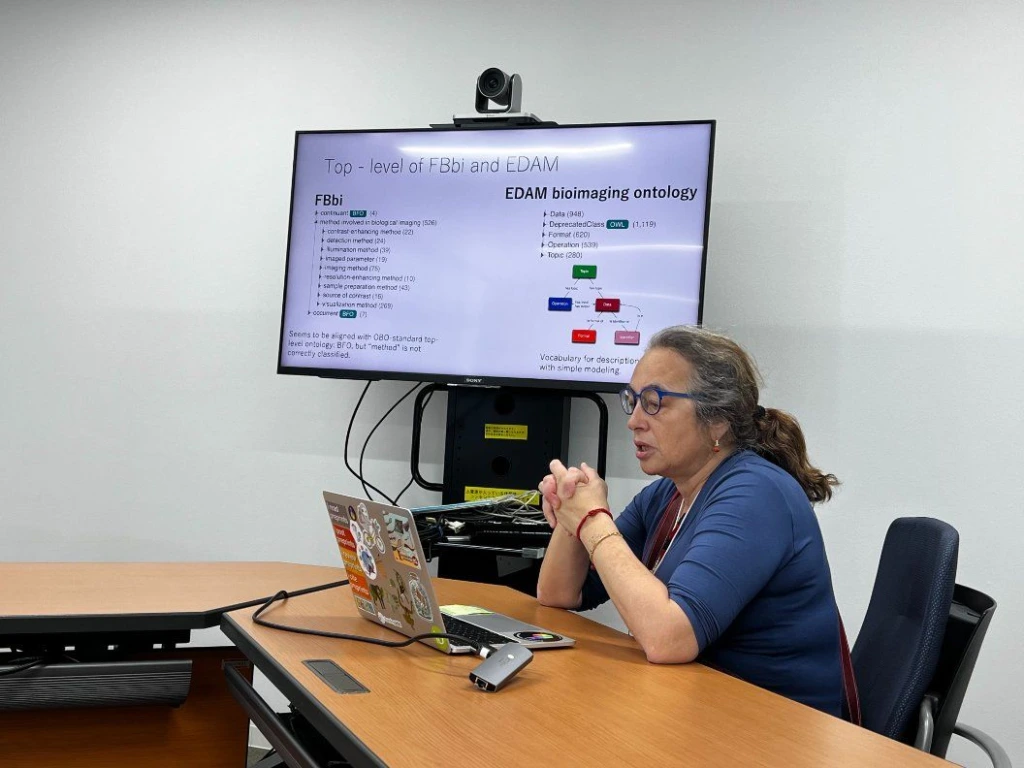
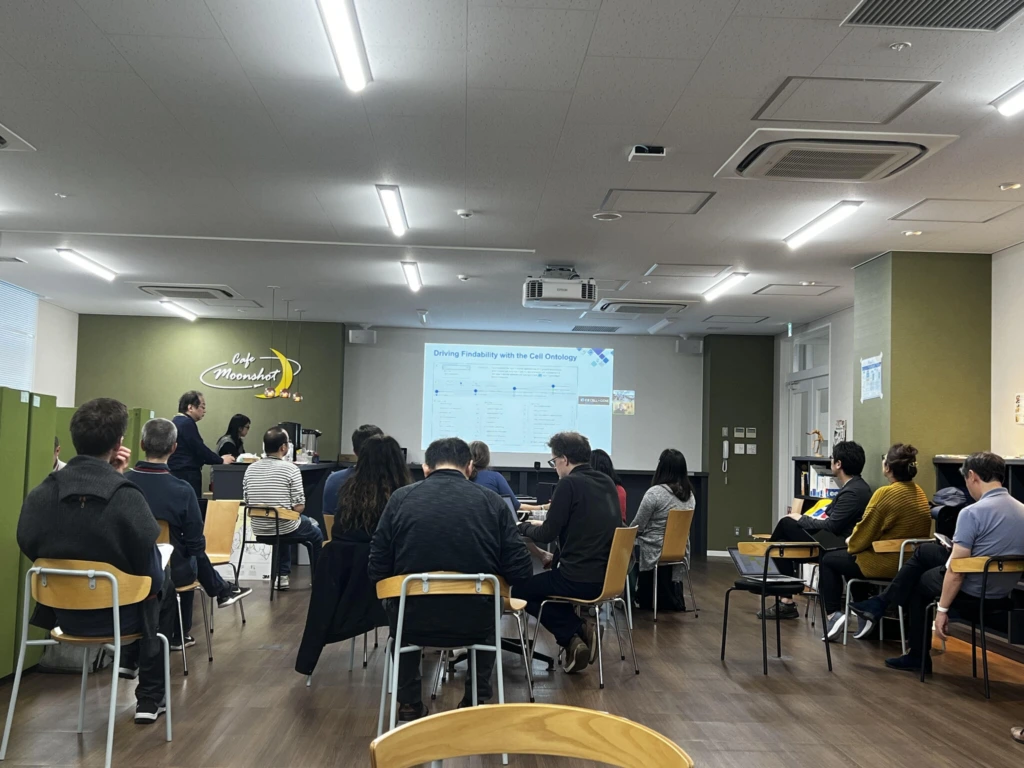
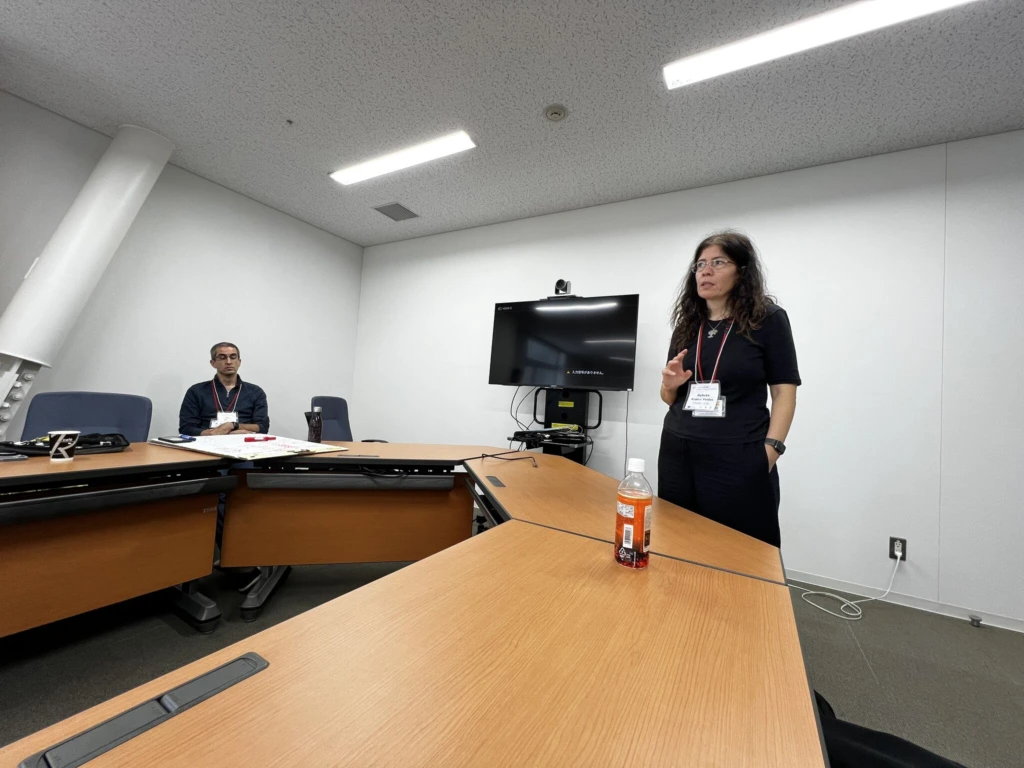
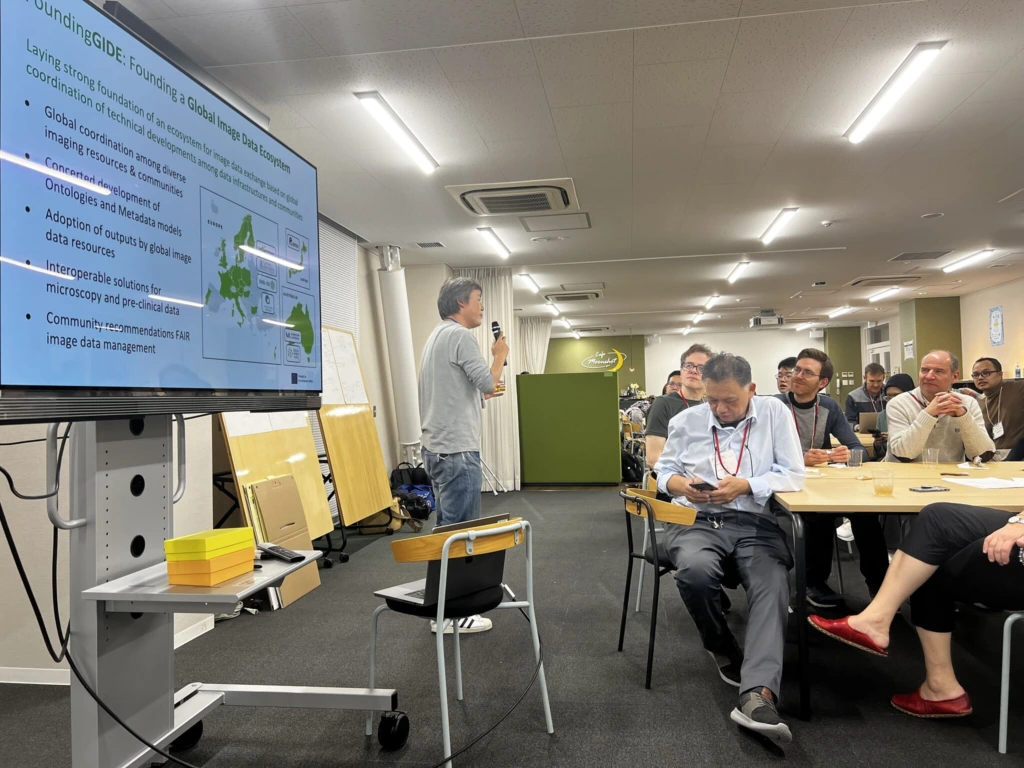
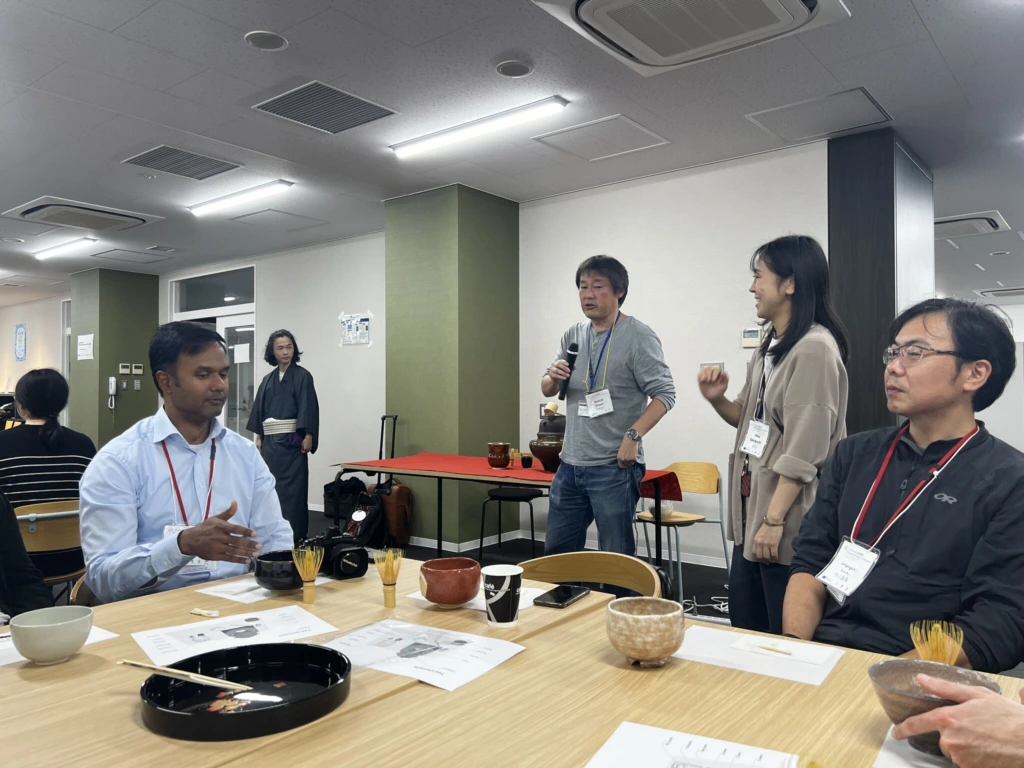
Workshops
In parallel to the main track, two workshop took place: OMERO workshop and ilastik workshop.
OMERO Workshop
Led by the Open Microscopy Environment (OME) team, including Petr Walczysko and Jean-Marie Burel, participants engaged in hands-on sessions to install and configure their own OMERO servers. OMERO is a powerful open-source platform that enables robust image data management. This track sparked productive discussions around deployment, troubleshooting, and optimization of OMERO for organizing large imaging datasets.
Participants left with practical experience in deploying OMERO and ideas to integrate it into their workflows for managing biological imaging data.
Ilastik Workshop
Led by Dominik Kutra, this track provided hands-on training with ilastik, a machine-learning-based image analysis tool. Participants explored its applications in automated pixel- and object-level segmentation, classification, and tracking.
Attendees learned how to apply ilastik to automate complex image segmentation tasks, a critical need for large-scale image analysis workflows.
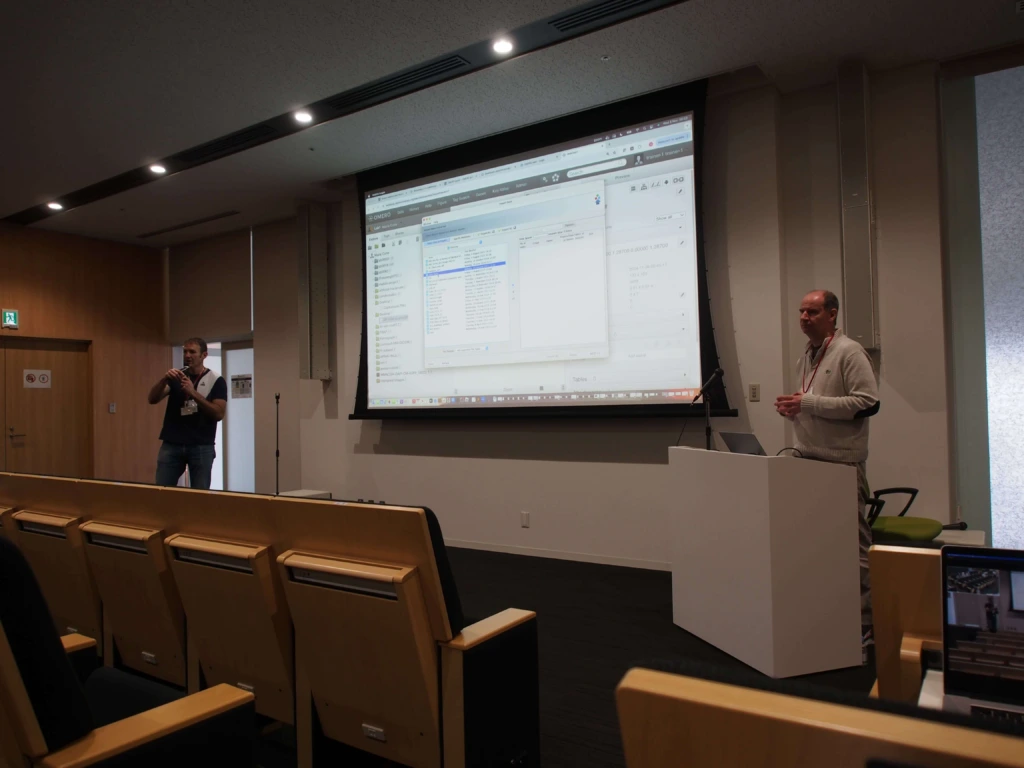
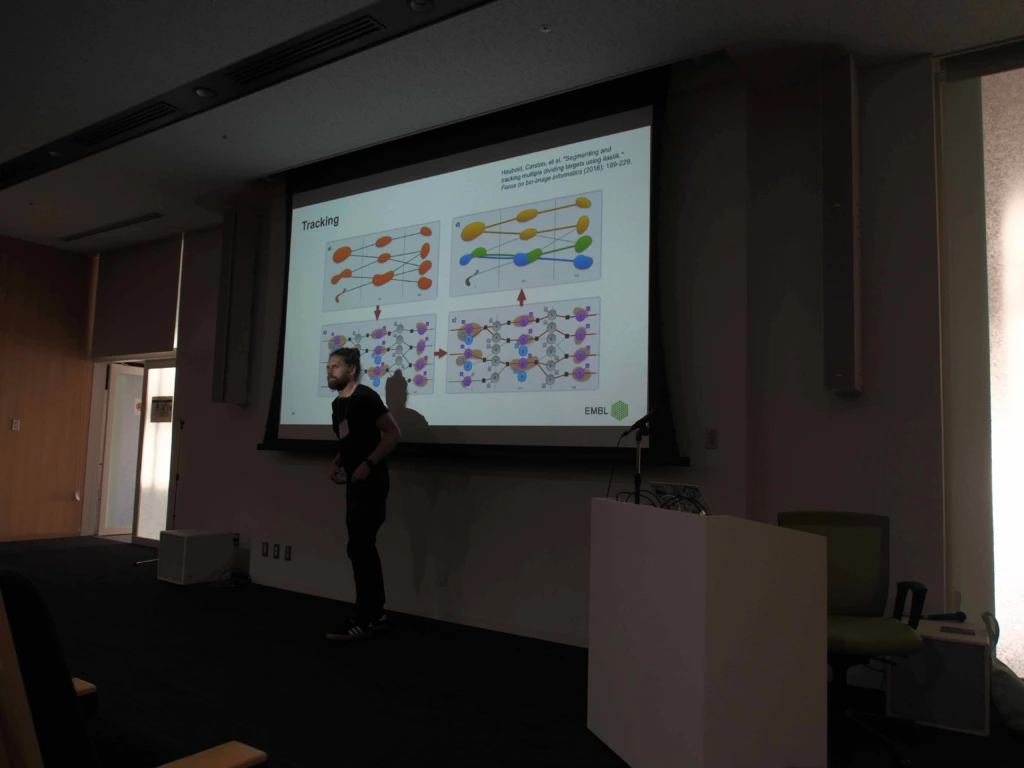
Special Highlights
Beyond the productive working sessions, participants had the opportunity to experience cutting-edge technology and rich Japanese culture:
- RIKEN’s Fugaku Supercomputer: Participants toured the Fugaku supercomputer, one of the fastest computational resources in the world, which drives advancements in imaging science and data analysis.
- RIKEN Lab Droid “Mahoro”: Mahoro is a state-of-the-art droid used for automation of biological workflows.
- Cultural Immersion: Participants enjoyed a traditional matcha tea ceremony. These cultural moments added a memorable dimension to the event.
